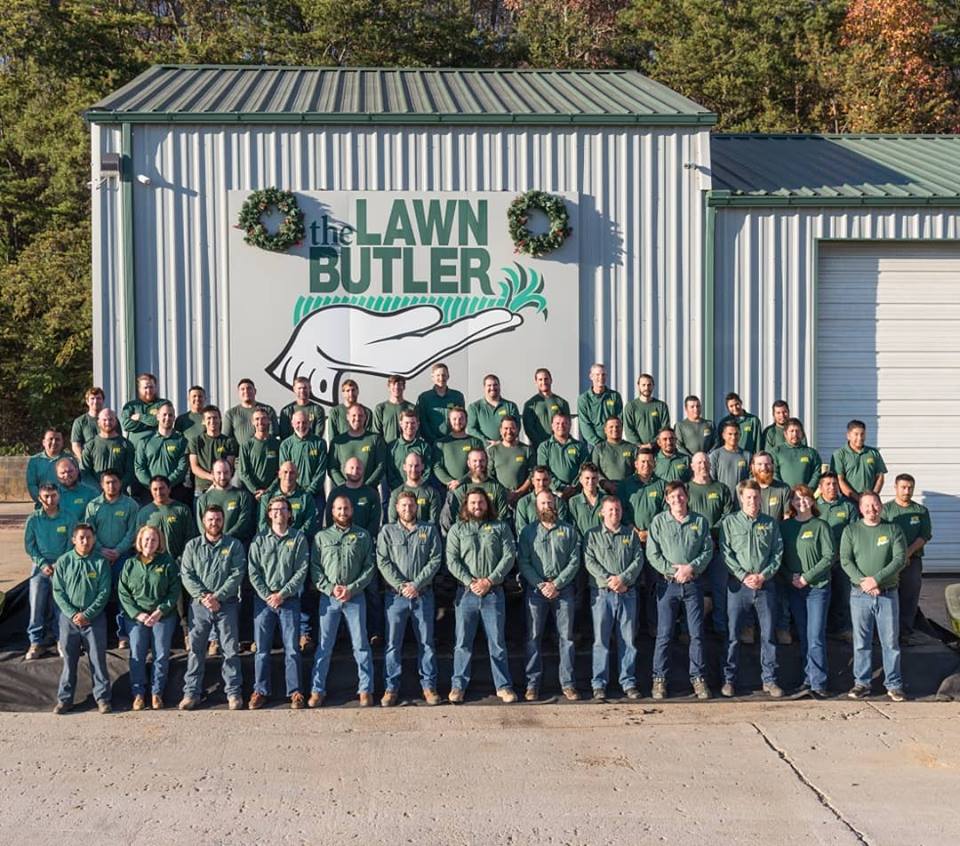
 Becoming a destination company that attracts the best employees involves the mastery of seven key areas.
Becoming a destination company that attracts the best employees involves the mastery of seven key areas.
Why is it that some landscaping companies have an easier time attracting talent? Yes, they typically pay more than their market’s going rate. But the real key is that they have become places where good people want to work. They have become “destination companies.”
“What I often find is that companies take a short-term, recruiting-focused approach when they need to bring employees in,” says Jeffrey Scott, a business consultant with 30-plus years of industry experience. “The big companies understand that they have to build a brand employees want to be a part of. People need to see themselves in a career with upward mobility. They want to be supported and treated with respect. Many of these industry juggernauts naturally understand what it means to become a destination company.”
The interesting thing is, many mid-size and even smaller companies are also becoming destination companies. Regardless of company size, the basic building blocks can be put in place. Scott points to seven key pillars which are outlined in his book, “Destination Company”:
- A well-defined vision employees can see themselves in
- Values-based management where everyone lives by the same set of values
- Culture of excellence
- Recruiting is treated like marketing and sales
- People systems are in place, i.e. onboarding new employees
- Shared leadership so everyone has input on where they are going
- Open-book management leads to all employees having an ownership mindset
Scott will be presenting these concepts at two upcoming events: August 21-22 in Baltimore, MD, and August 28-29 in Nashville, TN. He will be joined by several landscape company owners who have been successfully implementing a variety of tactics. You can learn more at landscapeprofessionals.org.
Here are some tips from the owners who will be presenting with Scott.
Tip #1: Help people see a future
Michael Prokopchak is the president of Walnut Hill Landscape Company with offices in Annapolis and Easton, Maryland. He has been in business since 2006 and employs 40. Prokopchak always has yearly meetings with crew leaders at an off-site facility. This year he tried something different. The crew leaders’ assistants were also invited to the meeting.
“These employees are the next in line to be promoted, so we decided to get them involved earlier than in the past,” Prokopchak says. “It was very well-received. These employees got to see what they have to look forward to and what they need to work on to advance to crew leader. We went over our mission, vision and company values, along with what is expected of each of our leaders.”
Prokopchak says you have to show employees that they have an opportunity to move up and get rewarded. “This is especially important for entry-level employees,” he adds. “We make it very clear that we promote from within, and that helps a lot.”
It takes the right training to help make it all come together. “We put all of our foremen through the NALP Landscape Industry Certified Manager program,” Prokopchak points out. “Then we provide our own monthly training. Additionally, we always have new employees shadow our seasoned crew leaders for a while to help them get up to speed.”
 Tip #2: Reward for the right reasons
Tip #2: Reward for the right reasons
In business since high school and now employing roughly 75, Seth Kehne has been focused on becoming a destination company for the past several years. One of the more recent things he has done is institute a career ladder. Kehne says he and his leadership team are still learning and adjusting as they go, but have already seen positive feedback from employees.
“A lot of companies base pay raises on tenure,” says Kehne, owner of Lawn Butler in  Knoxville, Tennessee. “With our new career ladder, we’re focusing more on skills and behaviors that tie into our core values. We discuss all of this with new employees during their onboarding process. The career ladder is also the basis for our performance reviews, which happen twice a year for all employees. We talk about how the employee can make more money based on how they perform and how our business performs.”
Knoxville, Tennessee. “With our new career ladder, we’re focusing more on skills and behaviors that tie into our core values. We discuss all of this with new employees during their onboarding process. The career ladder is also the basis for our performance reviews, which happen twice a year for all employees. We talk about how the employee can make more money based on how they perform and how our business performs.”
 Tip #3: Show them you care
Tip #3: Show them you care
Brian Edwards is the president and co-owner of Color Burst Landscapes in Brentwood, Tennessee. He has known his business partner for more than 30 years, first meeting him while working at a McDonald’s as a teenager. The two ended up running some McDonald’s locations of their own before buying a landscape company in 2003.
“Even though we’re not blood related, we’ve always treated our companies like family businesses,” Edwards says. “We’ve always tried to be sympathetic to the needs of our employees.”
Over the past couple of years, several new programs have been put in place. Case in point, all employees get a gift card and birthday card signed by Brian and a couple of other team members. Starting last year, employees can get $15,000 in life insurance through the company.
A new initiative has been started this year. “We wanted to help our employees start to save a little money,” Edwards says. “If they’d like, we help them open an account at a credit union and encourage them to put a little bit of their paycheck in there. Some of our employees are reluctant to bank. We give them the option of having us hold their money for them. We keep it on our books and give them updates on what they have saved.”
employees are reluctant to bank. We give them the option of having us hold their money for them. We keep it on our books and give them updates on what they have saved.”
Like all great destination companies, Color Burst Landscapes strives to promote from within. Whenever an opening pops us, Edwards speaks with his supervisors and field foremen to see which employee might be ready to move up. “If an employee isn’t quite ready, we then discuss what we need to do to get him or her ready,” Edwards adds.
Like developing employees, becoming a destination company in general requires a proactive approach. It’s sort of the whole chicken and egg thing. “To be successful and grow, you need good people,” Scott says. “But in order to attract good people, you need to be a well-run company with all of those seven key pillars in place.”
Interested in attending one of the August two-day events on how to become a destination company? Learn more

